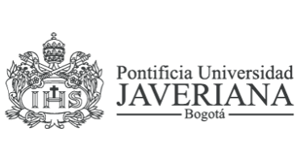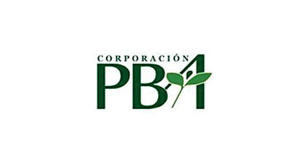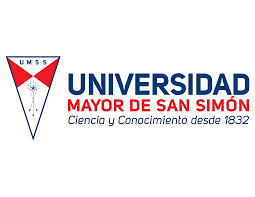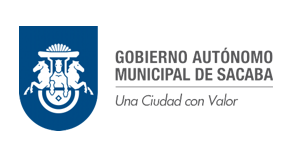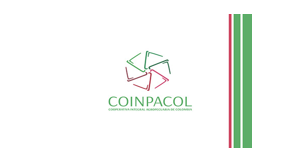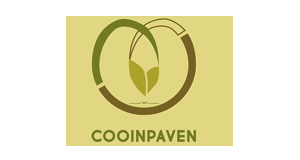ROOT TO FOOD: A comprehensive look at the food chain
Seed supply systems, integrated crop management strategies, and the strengthening of the social, organizational, and business fabric are sustainable alternatives to improve crop yields in family farming in Latin America.
Context of the story
Family farming is key to eradicating hunger and proposing changes towards more sustainable agricultural systems. In Latin America, 80% of farms are family farms. In the high Andean regions, potato (S. tuberosum) and mashua (T. tuberosum) are essential for food security as they are an accessible source of calories, vitamins, and antioxidants in family farms. Low yield is the greatest challenge posed by the cultivation of root and tuber crops in countries like Bolivia and Colombia, particularly in traditional varieties. The major causes of low yield are poor seed quality and inadequate cultural practices
Production of high-quality seed of native potatoes, adoption of integrated crop management strategies to increase crop yield
The implemented initiative
Through participatory rural innovation strategies, this platform seeks to improve the production system of potatoes and Andean tubers for small producers in Bolivia and Colombia by using seed of good genetic and phytosanitary quality and implementing integrated crop management strategies. Currently, the seed is available to small farmers without relying on third parties for supply. By adopting integrated management strategies, the use of agrochemicals has decreased, positively impacting the environmental and economic sustainability of the production systems.
The use of good quality seed, the adoption of integrated management strategies and socio-organizational strengthening increase the yield of potato crops and Andean tubers in family farming
The technological solution
With the strengthening of the community fabric of the families participating in the project, the production system of potatoes and Andean tubers for small producers has been improved, encouraging the use of seeds with good genetic and phytosanitary quality. The adoption of Integrated Crop Management (ICM) strategies has led to a reduction in the use of agrochemicals, positively impacting the environmental and economic sustainability of the crops. In Colombia, seeds of native and commercial varieties are being produced in a "low-cost pilot laboratory" managed by rural women trained in the use of biotechnological tools for in vitro tissue culture. In Bolivia, the cleaning and multiplication of seeds through in vitro tissue culture and the Autotrophic Hydroponic System is carried out by UMSS, who, in partnership with the municipality of Sacaba, provide a continuous supply of seeds to local farmers.
"Through the recovery and conservation of native potatoes and Andean tubers we want to strengthen the food security of our community"
Type of project
Results
Collection and participatory recovery of 36 varieties of native potatoes and 19 morphotypes of mashua in Colombia, and 56 varieties of native potatoes, 3 of ulluco, 2 of oca, and 2 of mashua in Bolivia.
48 workshops and 66 field days on Integrated Crop Management, conservation and characterization of native potatoes, and social, organizational, and business strengthening.
Establishment of 5 nuclei for conservation and participatory research (NIP) in Colombia for the agromorphological characterization of the collected materials and evaluation of integrated strategies.
Production of high-quality and certified seed through in vitro tissue culture and the Autotrophic Hydroponic System (SAH).
Creation of a Territorial Innovation System for the production and commercialization of native potatoes and certified seed.
Active participation of women (808) in the development of tasks, commitments, and activities framed within the project.
De novo assembly of the Tropaeolum tuberosum genome.

 Back to the project
Back to the project Colombia
Colombia Bolivia
Bolivia